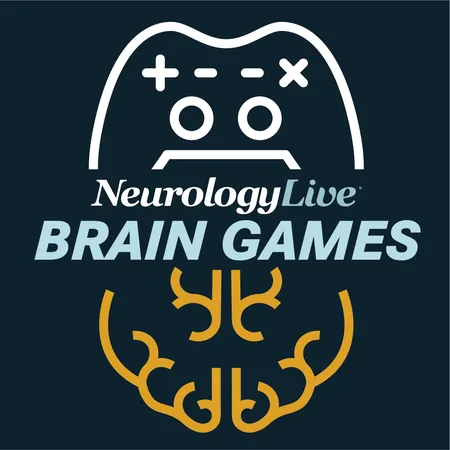
Breakthrough Questionnaire Revolutionizes Screening for PANDAS/PANS in Children
2025-03-20
Author: Li
In a remarkable advancement for pediatric health, researchers have published a groundbreaking study in the *European Journal of Paediatric Neurology*, revealing a new questionnaire that effectively screens for Pediatric Autoimmune Neuropsychiatric Disorders Associated with Streptococcal infections (PANDAS) and Pediatric Acute-Onset Neuropsychiatric Syndrome (PANS).
The study, conducted by a team of investigators from Denmark, assessed the validity and clinical feasibility of this innovative screening tool. What they discovered was not just a method of identification, but also a robust framework for evaluating the severity of symptoms, as well as understanding comorbidities and the impact on daily life for those affected by PANDAS/PANS.
The questionnaire is designed as a self-reporting tool completed by parents or guardians of children under 18 years old. It comprises three comprehensive sections:
1. Symptom Screening:
A total of 27 questions focused on mental, physical, and social issues, including motor symptoms.
2. General Health Questions:
11 simple yes-or-no inquiries concerning the child's health history and disease progression.
3. Severity Assessment:
Questions that help gauge the severity of symptoms and their impact on the child’s daily functioning.
The researchers validated the questionnaire by analyzing data from 119 completed forms submitted by 65 children diagnosed with PANDAS/PANS. This comparison with three well-known validated questionnaires revealed strong internal consistency within the new tool and highlighted significant correlations between the PANDAS/PANS items and issues typically assessed in existing questionnaires.
Moreover, findings suggest that the new questionnaire is reliable for evaluating symptoms commonly associated with Obsessive-Compulsive Disorder (OCD) and Attention-Deficit/Hyperactivity Disorder (ADHD). The versatile structure of the questionnaire makes it adaptable for use across a spectrum of symptom severities, catering to patients exhibiting both mild and severe indications of these disorders.
Expert Insights from Dr. Farber
While the questionnaire shows immense promise, Dr. Farber, one of the study's authors, noted that the tool was developed using a relatively homogeneous group; thus, further validation in a more diverse population is necessary. However, he emphasized its potential utility not only in diagnosing PANDAS/PANS but also in tracking treatment progress over time.
For parents and professionals alike, the availability of the complete questionnaire in the published article presents an exciting opportunity for early intervention and tailored treatment strategies for children struggling with these challenging neuropsychiatric disorders.
The implications of this study could extend far beyond mere identification, potentially changing the lives of countless children and families grappling with the effects of PANDAS/PANS.




 Brasil (PT)
Brasil (PT)
 Canada (EN)
Canada (EN)
 Chile (ES)
Chile (ES)
 Česko (CS)
Česko (CS)
 대한민국 (KO)
대한민국 (KO)
 España (ES)
España (ES)
 France (FR)
France (FR)
 Hong Kong (EN)
Hong Kong (EN)
 Italia (IT)
Italia (IT)
 日本 (JA)
日本 (JA)
 Magyarország (HU)
Magyarország (HU)
 Norge (NO)
Norge (NO)
 Polska (PL)
Polska (PL)
 Schweiz (DE)
Schweiz (DE)
 Singapore (EN)
Singapore (EN)
 Sverige (SV)
Sverige (SV)
 Suomi (FI)
Suomi (FI)
 Türkiye (TR)
Türkiye (TR)
 الإمارات العربية المتحدة (AR)
الإمارات العربية المتحدة (AR)